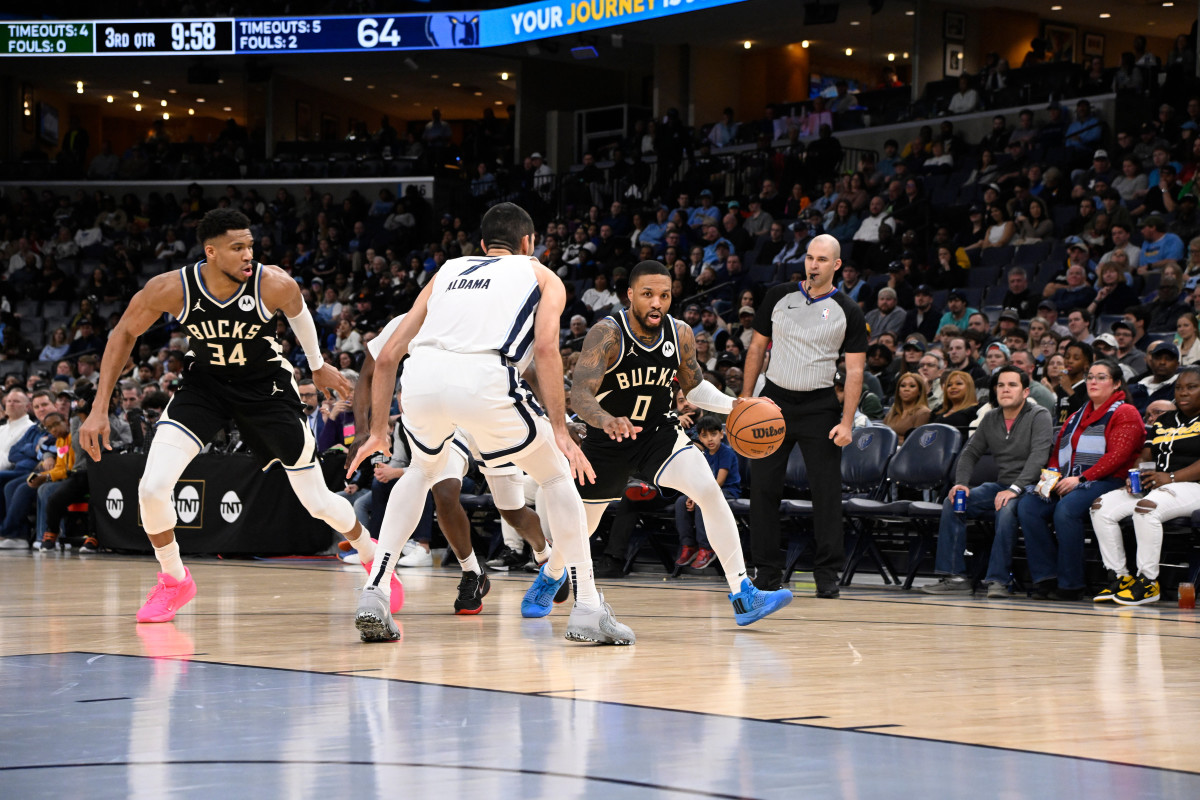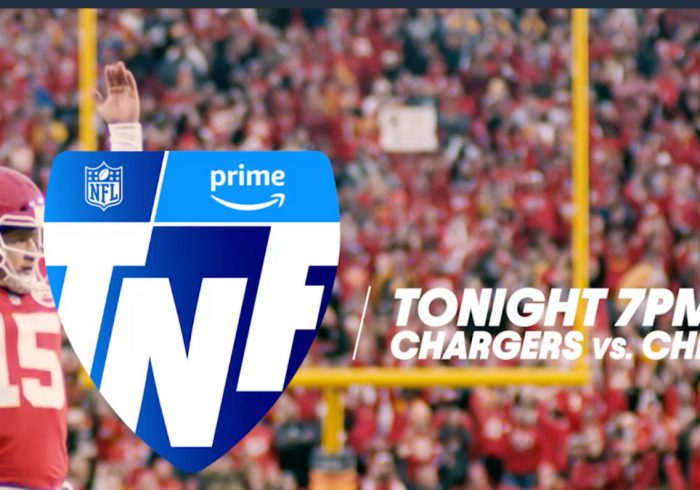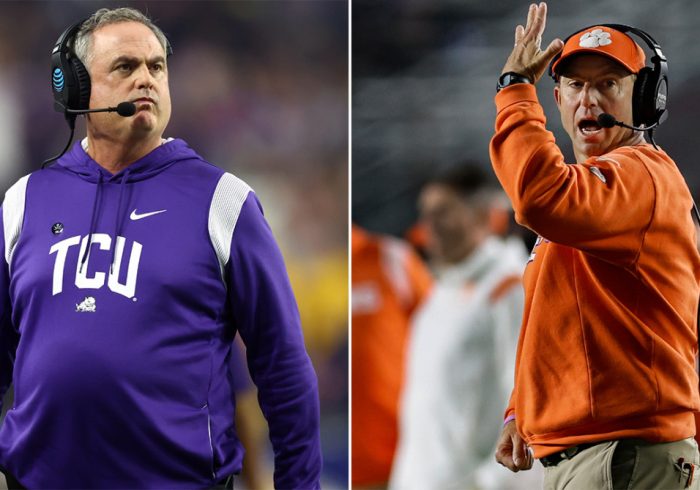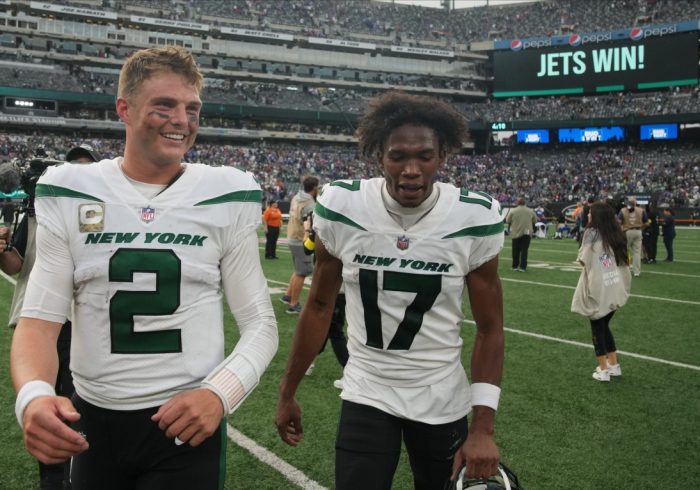On Friday, in the closing seconds of the Milwaukee Bucks’ game against the Minnesota Timberwolves, Damian Lillard stepped back, rose up and reminded everyone why the Bucks made the trade to get him. Lillard wasn’t having a particularly efficient game against the Timberwolves—he finished 8 of 23 from the floor and 2 of 8 from three-point range—but for scorers like Lillard, it didn’t matter. With 10 seconds to play and Milwaukee clinging to a three-point lead, Lillard drove down the right side, shed Mike Conley and knocked down a 21-footer to ice the game.
Milwaukee won again Sunday, giving the team two straight since the All-Star break. The offense continues to be strong. The defense—10th in the NBA in efficiency over Doc Rivers’s first 10 games in Milwaukee, per NBA.com, and sixth over the last two—continues to make improvements. With roughly a quarter of the season to play, the Bucks—who have battled through injuries, a coaching change and the chemistry issues that come with incorporating a new star—believe there is enough time to coalesce into a true title contender.
“I think sometimes that the toughest way is the way to go,” Lillard said. “You know, when you want to turn things around, play against the best team in the West on the road coming out of this break. This is how you want it to happen to get over that bump and get going in the right direction. We need it.”
Just before the All-Star break, Lillard sat down with Sports Illustrated to talk about the trade, the coaching change and why he’s still optimistic about this team’s future. Some of the interview will be in a piece on the Bucks that will appear in next month’s magazine. But Lillard, one of the NBA’s most honest, insightful interviews, had a lot more to share.
This interview has been lightly edited for clarity
Sports Illustrated: So how would you sum up the last five months?
Damian Lillard: It’s been a real transition. Being in the same situation for 11 years, deciding to move on from that, wanting a chance to win. And then coming here playing for a first-time coach [Adrian Griffin] and him being new to the team. So it isn’t like I came to Milwaukee and everything was already established. It was a completely new staff.
Obviously, trying to figure out me pairing with Giannis [Antetokounmpo] and being a part of this team. It’s a process and I think that’s been an adjustment for both of us. He’s used to playing a certain way. I’m used to playing a certain way, and I think we’ve had moments. I just think it’s still a work in progress.
Lillard and Giannis Antetokounmpo are both optimistic that the Bucks can be title contenders this season.
Greg Nelson/Sports Illustrated
SI: How about personally?
DL: Being away from my kids is tough. In Portland, my life was set up. My mom was down the street; my brother was the other way down the street. My sister was down the street. My kids in school. Just my whole life was set up perfectly right there. It was a great situation. So just leaving that behind alone is a lot. And then you add the basketball side to it and that is what it is.
SI: I don’t want to overstate it—but it sounds kind of lonely.
DL: It’s definitely lonely because I’m such a family guy. My life is my family. After games, I would come out and my whole family would be back there. My kids coming out of the playroom. My mom, my brother, my cousins lived there, you know what I mean? My best friends live in Portland. So I would come out, we would go to dinner. They might come to my house. After practice, I might go to my mom’s house and just chill. That’s how my life was. So, I mean, I’m fine because I’m grown. But it’s definitely lonely. I’m filled up by those people.
SI: So what’s your life like in Milwaukee?
DL: Bro, go to practice, go home, watch boxing, play video games. Man, I type in [boxing website] FightHype on YouTube 100 times and be praying for something new to be on there. Seriously, I don’t have much of a life. But that’s what comes with making a big boy decision. You got to be down for that and figure it out.
SI: I saw you back in October, after your preseason debut against the [Los Angeles] Lakers. And you were really excited. Did you think this team was going to hit the ground running?
DL: I thought we was going to be how Boston is right now. But I think what I’ve learned is that some things take time, especially stuff that has reward in the end. You can’t come into it and think that it’s just going to be all peaches and cream. We’ve had our ups and downs. We’ve had a coaching change. I haven’t completely settled in to finding who am I on this team. And that’s kind of a tough thing.
I think any star who’s been traded deals with it. Now that I look back on it, I would imagine LeBron [James] probably felt how I feel when he went to Miami. Not with who he is. I’m sure he knew who he was, but who am I within this team and how does it look? What does my best look like on this team? And that’s draining to be constantly trying to figure it out.
But I think the most encouraging thing is that we’ve been able to win a lot of games and it’s a long season. So we’ve had adversity hit our team two or three different times and we’ve managed to still be a top-three team in the East with a lot of games to go and still being far away from reaching what we could be and what we should be. And since Doc has gotten here, we’ve kind of shuffled some things around and set kind of a new foundation of things that’s really encouraging. And I think my job is to just stay in the process.
I think it’s going to come with some criticism, the ‘Why is Dame not doing this? What’s going on? He’s not shooting well.’ And that’s part of the reason why I think it happened at the perfect stage of my career or at the age that I’m at, because I can handle that and I know the process part of it, so I’m just sticking with it. I think the beauty of it is adversity hits everybody and when you get toward the end, it’s who’s tested, who’s tried and who’s really true.
The Bucks are going through a coaching change and hope to get on track now that the All-Star break is over.
Greg Nelson/Sports Illustrated
SI: Terry Stotts’s exit in the preseason shocked everybody. You played nine years for him in Portland. How did that affect you?
DL: It was comforting for me knowing that he was there and that it was somebody that I knew and had a significant role on the staff. I think early on, there was a lot of things happening that was familiar. He would be breaking down stuff and I already was on top of it. And as a point guard and as a scorer and somebody who plays a significant role on the team, your comfort with what you’re doing as a team, so you can be able to direct traffic and kind of manage a game is important.
And I think when Terry left, that part of it, the familiarity of what we were doing, it kind of left with him. Now I’m like, O.K., what’s this play?’ I was kind of in the figuring out stage. So when you don’t really know stuff like the back of your hand, it is hard to direct traffic and be telling people, ‘I want you right here or there.’ Point guards, especially veteran point guards, man, we play the game differently than a young talented point guard. We are just manipulating everything. And that’s hard to do for the team and for yourself when you’re just trying to learn.
I was literally trying to learn for a long time, ‘Why is this play called this?’ I’m associating the name of this play with what we’re doing in the play and what it means for the defense and how they going to move. So a lot of time I spent trying to make sense of it and learn the offense so I can call the game.
SI: You played with LaMarcus Aldridge your first few years in Portland. Did that in any way prepare you for playing with Giannis?
DL: I think it compares as far as I’ve been in a situation where I was the second guy and I was playing with an All-Star and somebody that had a high usage rate. They played with the ball a lot. I think the difference is L.A. wasn’t a ballhandler. Giannis is a ballhandler. He gets it. He’s going. He’s attacking. He’s dominant at playing in open floor and transition. With L.A., it was like we played the pick-and-roll together a lot because he saw that ‘O.K., he’s quick. He can get to the rim. He can make threes. He’s going to draw some attention in the pick-and-roll and I’m going to get shots out of this.’ And when I post up, his man is going to play and give space because he can shoot. So L.A. being a vet and an All-Star when I got there, he kind of played off of me.
Obviously, he couldn’t dribble the ball for himself. He could get it on the block whenever he wanted, but he was a jump shooter. So he was cool getting those pick-and-pop jumpers all night. Sometimes go to the post. But if he needed a break or if he wanted to play off of somebody so he didn’t have to carry us, he was like, ‘I’m going to go set a screen and play with Dame.’ So our bread and butter was a wedge. He set a screen, somebody come up or they set a screen for him to come screen for me. We just played off of each other. But I think because he wasn’t a ballhandler, it was more simple.
Lillard says his relationship with Antetokounmpo is good and they are working through the process in his first season in Milwaukee.
Greg Nelson/Sports Illustrated
SI: How’s your relationship with Giannis?
DL: We have a good relationship. We talk all the time. [Relationships] take time. You have to go through the process of having a relationship. David Vanterpool, he was our assistant in Portland for a long time. The same went for [Jusuf] Nurk [Nurkić], the same went for CJ [McCollum], it was progressive.
We just kind of eventually grew into that and I think the same goes with [Giannis]. But because we are stars and we have to be able to work together and we have to continue to get better at it, everybody’s like, ‘We want y’all to be best friends right now.’ But I think the truth of it is you’re not going to become my best friend in three weeks. It’s going to take some time. Because I want to know who you really are. And when I do something you don’t like, how are you going to respect me and respond to me? And when I’m struggling, how are you going to act? And when I’m blossoming? That’s what friends are, like when you struggling, I know what you really are and what you really capable of and I believe it. That’s how you really develop that type of stuff.
And I just think we still in that process. But we do talk. We are cool. And we both want to make it work. And in this situation, I’m the new guy. I think if he came to Portland, he would be in the same process. I would be comfortable and I would know what’s going on and he would be the one trying to figure it out and it would be the same process.
SI: And on the court?
DL: I always use [Nikola] Jokić and Jamal Murray as an example, but they played together for six or seven years. They don’t even think about it no more. But in the beginning, they struggled. Jokić would have his moments and then Jamal Murray would struggle and then he would have his moments and then it would take away from him. And then once they figured it out, they went out there and won it.
For us, I think we have a good relationship. But I think both of us, what it comes down to is we just got to keep putting time into it and just keep getting to know each other. And then we both got to be willing to go to war for each other. And we’re going to have to give something up for each other at times. He’s had a 60-point game and I’m like, ‘It ain’t my night tonight.’ It ain’t my night. Or this team doesn’t have anything for him, I’m going to play to that. And then when they try to go to that, then I’m going to make them pay for trying to take that away. We got to have that type of relationship where we see it and we just do it.
SI: Do you believe that relationship can come together well enough for this team to win at a high level this season?
DL: Absolutely. Because we’ve had moments of it. I think this year more than anything I’ve learned that people don’t watch games. They look at a box score, they look at the highlights or they look at what’s being said about games. But we’ve had moments where we’ve had great stretches of pick-and-rolls, great stretches of playing off of each other. It is just not enough. People want it all the time, every time, and we have to do it more. But we’ve had stretches and we’ve had moments of doing it. It’s just, that has to be more bread and butter than, ‘Oh, they just did it.’
I’d be the first to tell you it’s been a challenging year, but the kind of person I am, when stuff like this start happening, I start thinking there’s a reward coming. That’s how I think because I do s— the right way. I don’t change. I don’t mistreat people. I don’t cheat my process. I still go to the gym at night. I do my stuff, my body, I do everything. I did think we’d be rolling a lot sooner than this. But I know we can get there.



